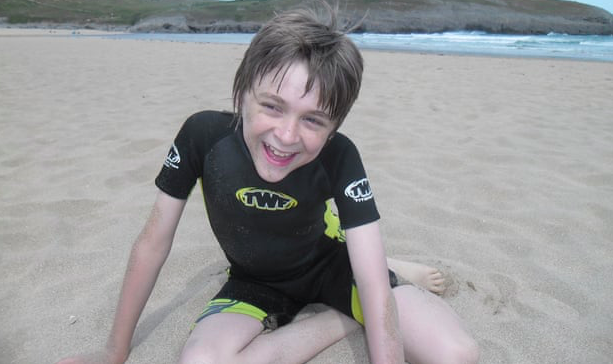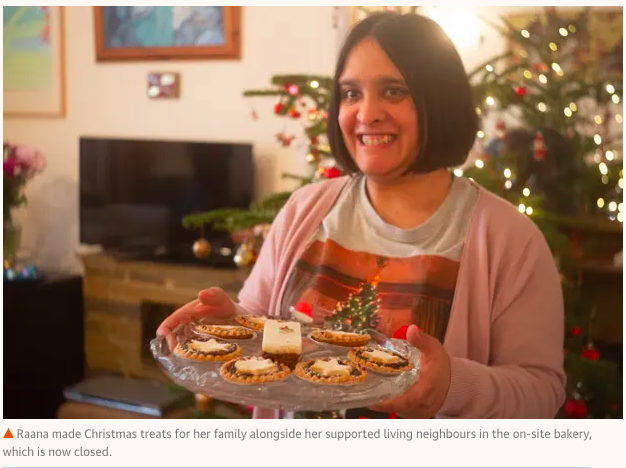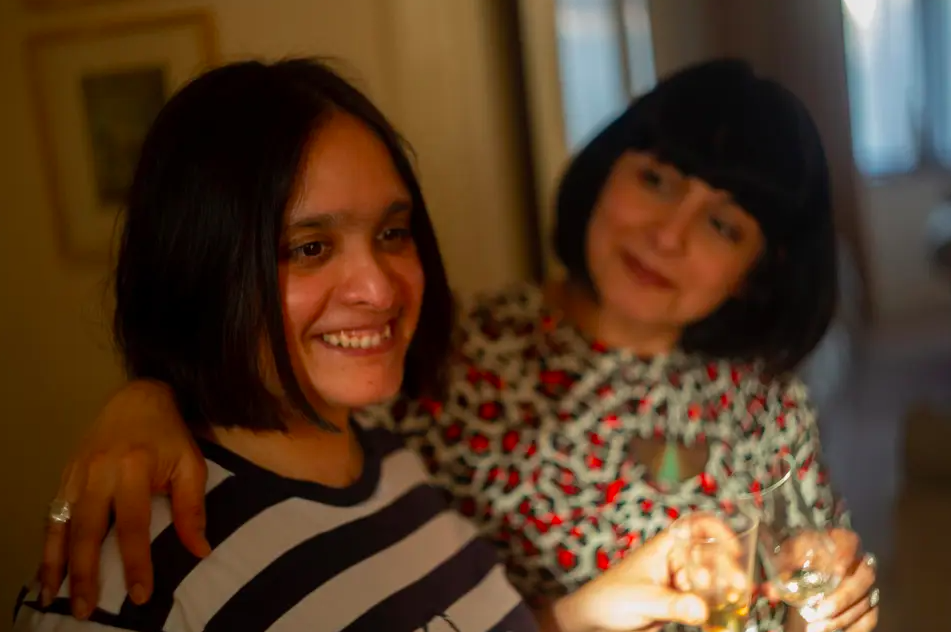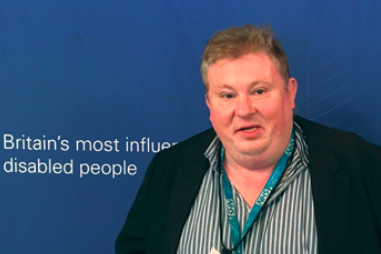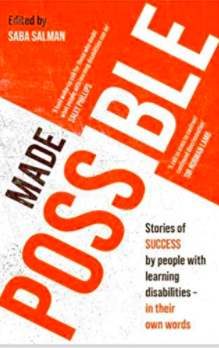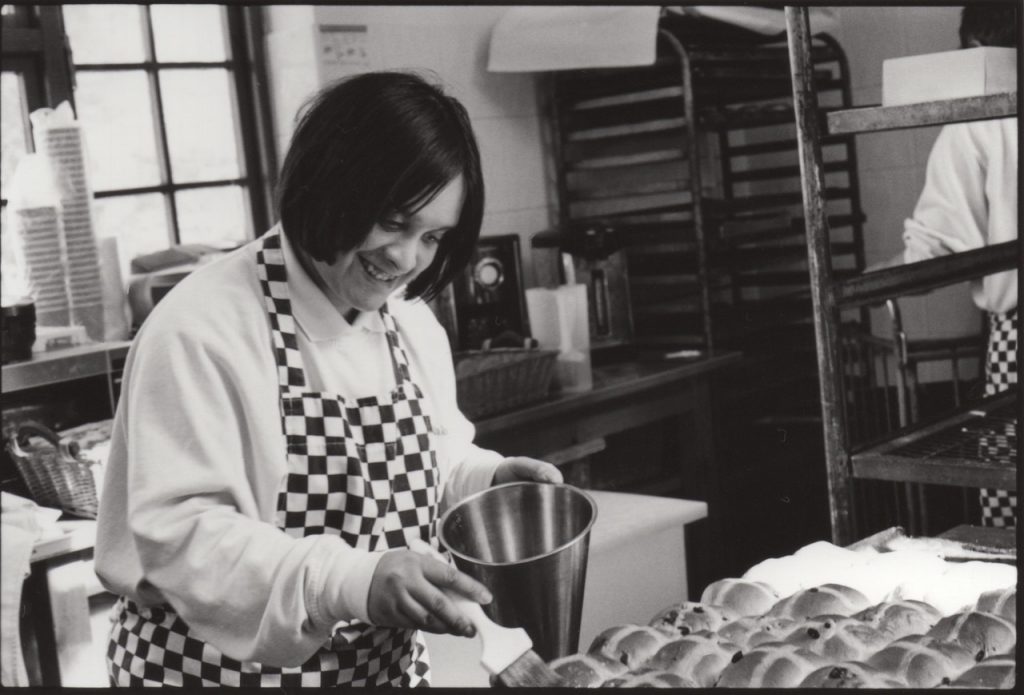
Arthur Pew was a lance corporal in World War One, serving in the 19th Kings Royal Rifles Corps. Trusted with responsibility for his fellow men, he commanded and organised other soldiers and was a skilled member of a specialist firearms regiment.
Yet, as remarkable new research published today shows, Pew also had a learning disability. And, before he signed up, he was regarded as incapable of contributing to society and was segregated from his fellow men in an institution.
The ‘Hidden History of the Labour Corps in the First World War: Contributions to the War Effort Made by People with Learning Disabilities’ shows how Pew joined the army from an asylum where – in language of the time recorded in the National Archives in Kew – he “was considered to be a mental deficient”.
You can read the full piece in the Byline Times here.

